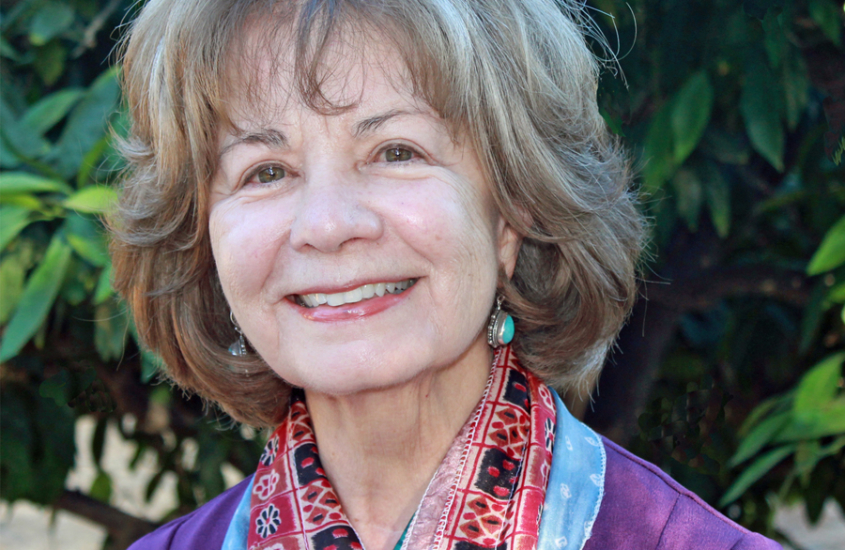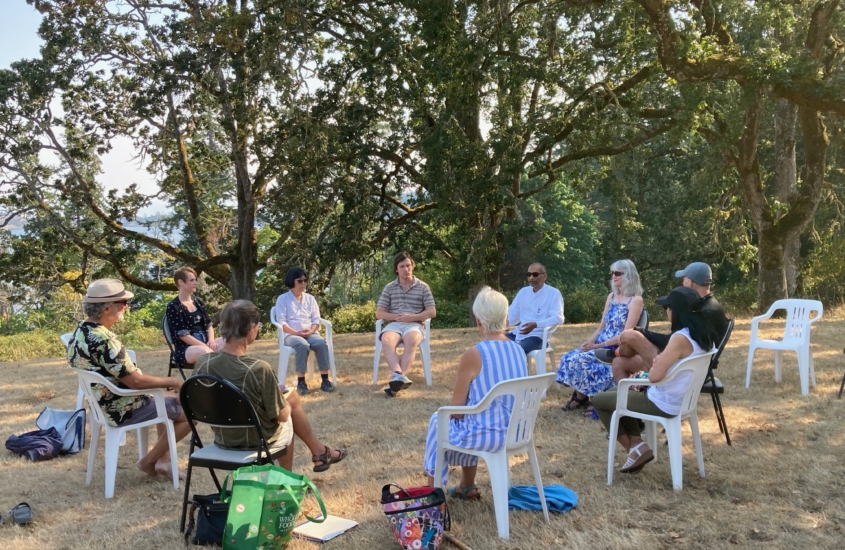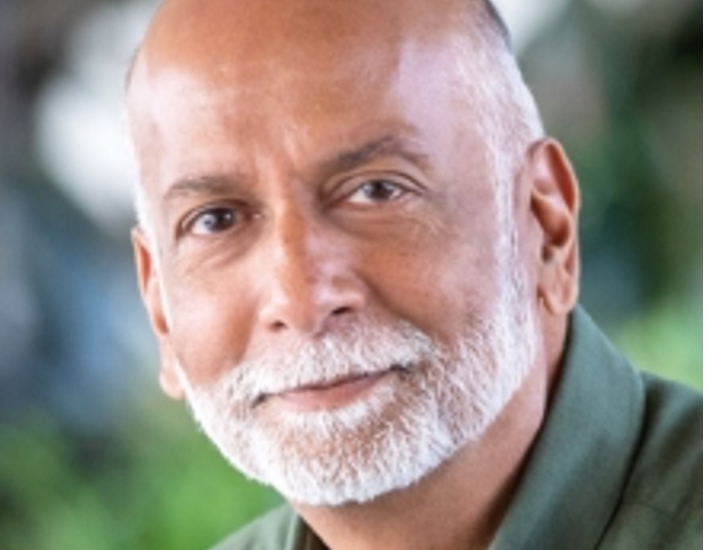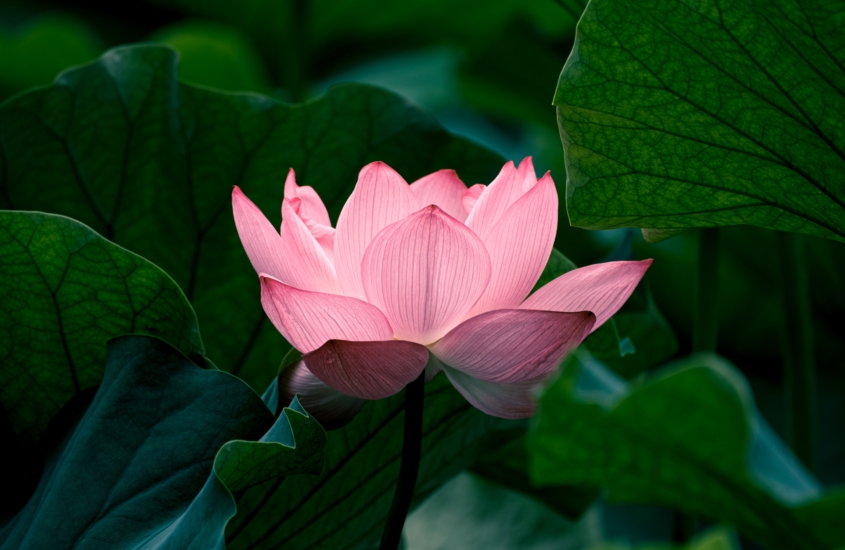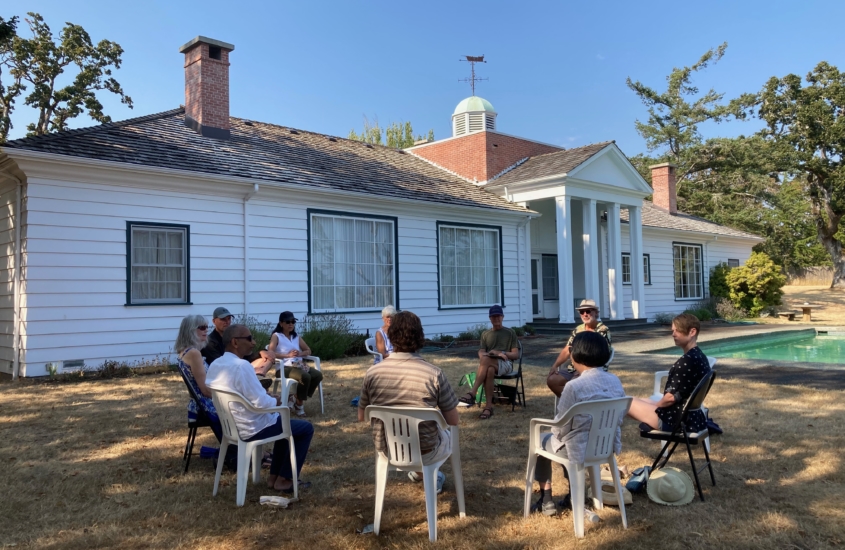Self-inquiry with Cynthia Overweg, October 17, 2024
Self-inquiry with Cynthia Overweg
October 17, 2024
At Esquimalt Gorge Park Pavilion
Esquimalt, BC
Five people were present for this Thursday meeting at the lovely Gorge Park site. The event was sponsored by the Krishnamurti Educational Centre of Canada. Cynthia Overweg began the event by holding up a book wherein J. Krishnamurti addressed the topic of How to Find Peace. She highly recommended it to the group. Speaking of the contents, we were led into a discussion of why change does not happen in our world in terms of finding a more peaceful way to live with each other. The way we use words can pit people against each other and small disagreements can produce conflict and violence. Krishnamurti himself was not involved with politics but, still, he spoke against war and conflict for his whole life. The conversation moved into aspects of human behaviour which seem essential to examine. We must question authority, as K did, and learn to be at ease in being alone rather than identifying with groups and nations that emphasise their differences and exaggerate them to the point of combat. He made himself unpopular during his lifetime by questioning the tendency to live in conflict.
We explored in the group whether or not the message of peace was spreading in the world and we noted the movement in human beings towards more harmony and cooperation. The phenomenon of the hundredth monkey was taken to be a sign of hope in the world, for example. Generally there seems to be a movement towards a mutation in the human brain, something much needed. Participants expressed the necessity for a radically new intelligence to arise and the signs that such may be happening.
The session was closed with a quiet meditation with a focus on the breath, which can effectively calm the mind. We acknowledged our appreciation of Cynthia’s presence with us and wished her well on her way.
DB

